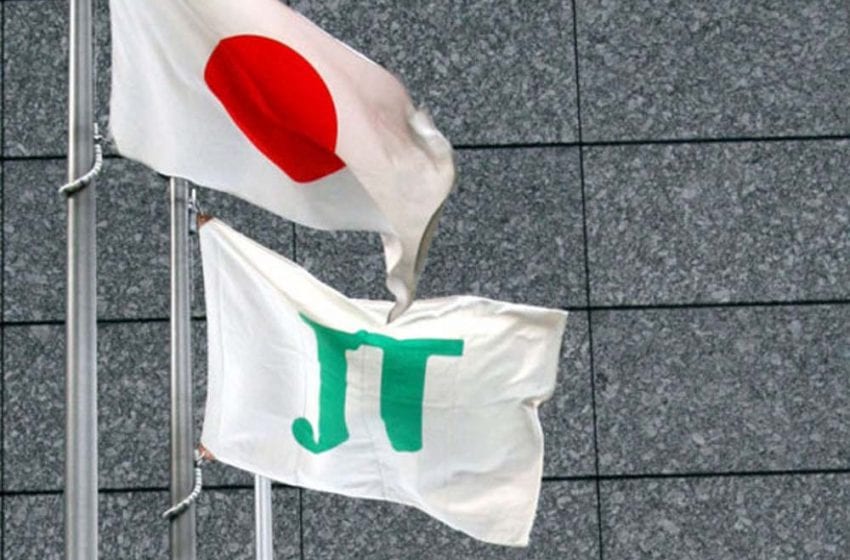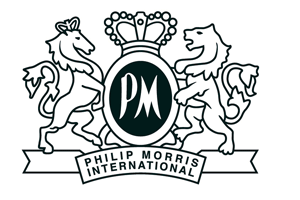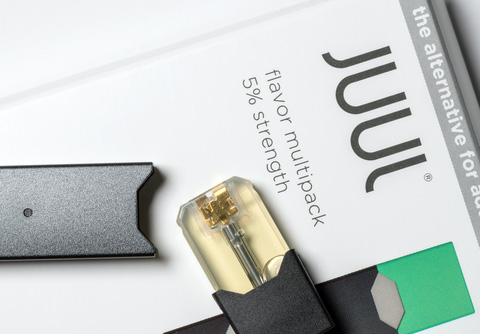Executives from the five largest U.S. e-cigarette companies appeared before the House Energy and Commerce Oversight and Investigation Subcommittee on Feb. 5 for questioning about their role in the spread of underage vaping.
K.C. Crosthwaite of Juul Labs Inc., Ricardo Oberlander of Reynolds American Inc., Ryan Nivakoff of NJoy, Antoine Blonde of Fontem Ventures and Jerry Loftin of Logic answered queries about marketing practices, the addictive nature of nicotine, and other vaping-related issues.
While all executives agreed that nicotine is addictive, a divide appeared between Juul Labs and the other companies when lawmakers pressed them about marketing practices, with some leaders suggesting that the marketing practices allegedly intended to lure teens to their products were not universal.
Representative Raul Ruiz noted that Juul Labs had halted its broadcast, print and digital product advertising. “Do you believe that the e-cigarette industry should be subject to the same advertising restrictions as combustible cigarettes?” he asked Crosthwaite.
Crosthwaite deferred to the U.S. Food and Drug Administration (FDA). “I think the FDA is going to have complete oversight over marketing practices,” he said.
Republicans on the committee were generally less confrontational than Democrats in their questioning, but Representative David McKinley zeroed in on a central health concern: the potential for dangerous substances to become embedded deep in the lungs.
McKinley referenced a number of studies done by the National Academy of Science, Medicine and Engineering, saying they concluded that vapor products included heavy metals and ultrafine particles as well as toxic and carcinogenic materials and ingredients.
Crosthwaite denied knowledge of these studies.
The hearing echoed a 1994 hearing of seven tobacco companies, whose executives all testified that nicotine was not addictive. It was later determined that those testimonies were knowingly false. In 1998, those same executives admitted before Congress that smoking is addictive and hazardous.









